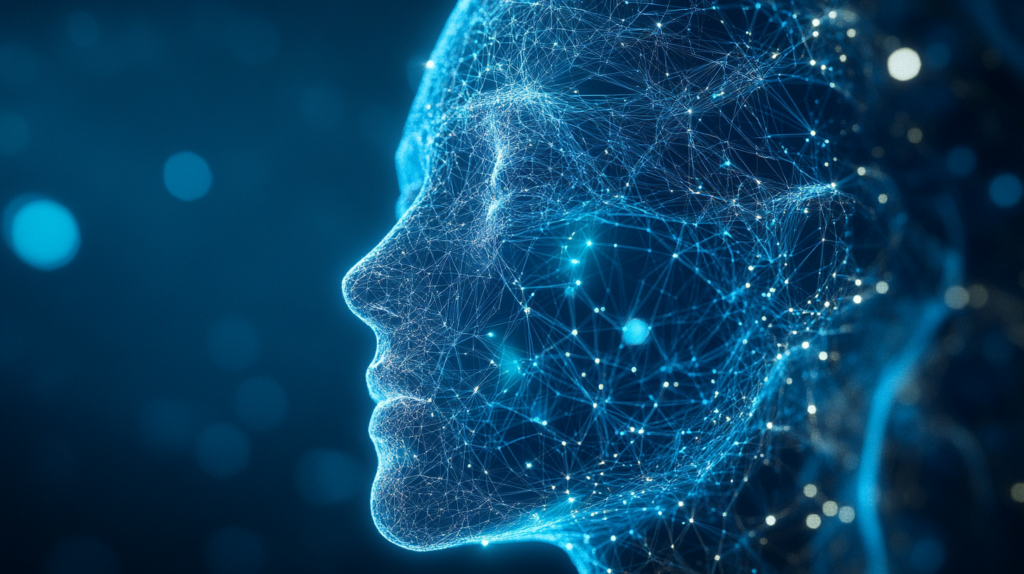Can AI Replace Digital Marketing Jobs in Future?

Digital Marketing job industry has seen a huge boom in India over the past few years.
More and more digital marketing agencies are being set up, and the marketing is growing at a tremendous rate as more companies are recognizing the importance of digital marketing.
Along with the digital marketing industry, another field that has shown tremendous growth is artificial intelligence (AI/ML). Many professionals in the field are wondering whether AI will grow to a stage where it will replace their jobs.
Let’s take a minute to analyze the situation and find out whether there is a possibility of AI replacing digital marketing jobs in future.
The Role of AI In Digital Marketing
AI already has a strong presence in the digital marketing field with more and more marketers using generative AI for content creation and data analysis.
Let’s analyze the key areas in digital marketing where AI is used.
1. Data Analysis
- AI algorithms are used to analyze huge amount of data (Big Data) to find patterns and predict future behaviors and trends. This can help companies devise strategies for their future campaigns and gain insights from existing ones.

2. Targeting & Personalization
Market segmentation and targeting is an important factor to launch well optimized campaigns. AI can be utilized to segment audience and launch personalized campaigns.
Spotify uses AI to show customized playlists to users. The AI analyzes the user data by itself to achieve ethis.

3. Generative AI for Content
Generative AI is extensively used for content creation. Tools like ChatGPT, Gemini and Quillbot are used widely by SEO experts, content writers and script writers.
Tools like Midjourney can create graphics posters for your ad campaign in seconds.

4. Automated Ad Campaigns
Marketing platforms like meta ads manager and google ads already incorporated AI into their bidding and targeting models.
Facebook ads are now capable of identifying the right target audience without the advertiser having to specify the target audience’s interests.
Google is capable of real-time bidding and making strategy adjustments in Google Ads using AI.

Will AI Replace Human Jobs in Digital Marketing?
AI has already made a significant impact in the way people do Digital Marketing. With that in mind, there is nothing wrong in wondering “Can AI Replace digital marketing jobs in future”.
However, the likelihood of that happening is very small. Your digital marketing jobs probably wont be replaced by AI in the near future, but other employees will replace you if you do not stay up to date with the latest AI tools and methods that can be used in digital marketing.
Let’s examine why it’s unlike for AI to replace digital marketing jobs in future.
1. Human Creativity & Strategy
AI excels at data analysis and automation but lacks the human touch required for creativity and strategic thinking. Crafting a compelling brand story, understanding nuanced cultural contexts, and developing innovative campaigns are areas where human marketers excel.
2. Complex Decision Making
While AI can provide insights and recommendations, the final decision-making often involves complex considerations that require human judgment. Balancing business goals with customer needs and societal impact is something AI cannot fully grasp.
3. Emotional Connection
Building an emotional connection with the audience is vital for brand loyalty. Human marketers understand the nuances of human emotions and can create campaigns that resonate on a deeper level.
Conclusion
In conclusion, AI is not a replacement for digital marketing but an enabler that will redefine how we approach it. The synergy between AI and human ingenuity will shape the future of digital marketing, creating a dynamic and exciting field full of possibilities.
To thrive in this AI-enhanced landscape, marketers need to embrace AI tools, continuously upskill, and stay updated with the latest technological advancements. By doing so, they can harness the power of AI to create innovative marketing strategies that drive business growth.